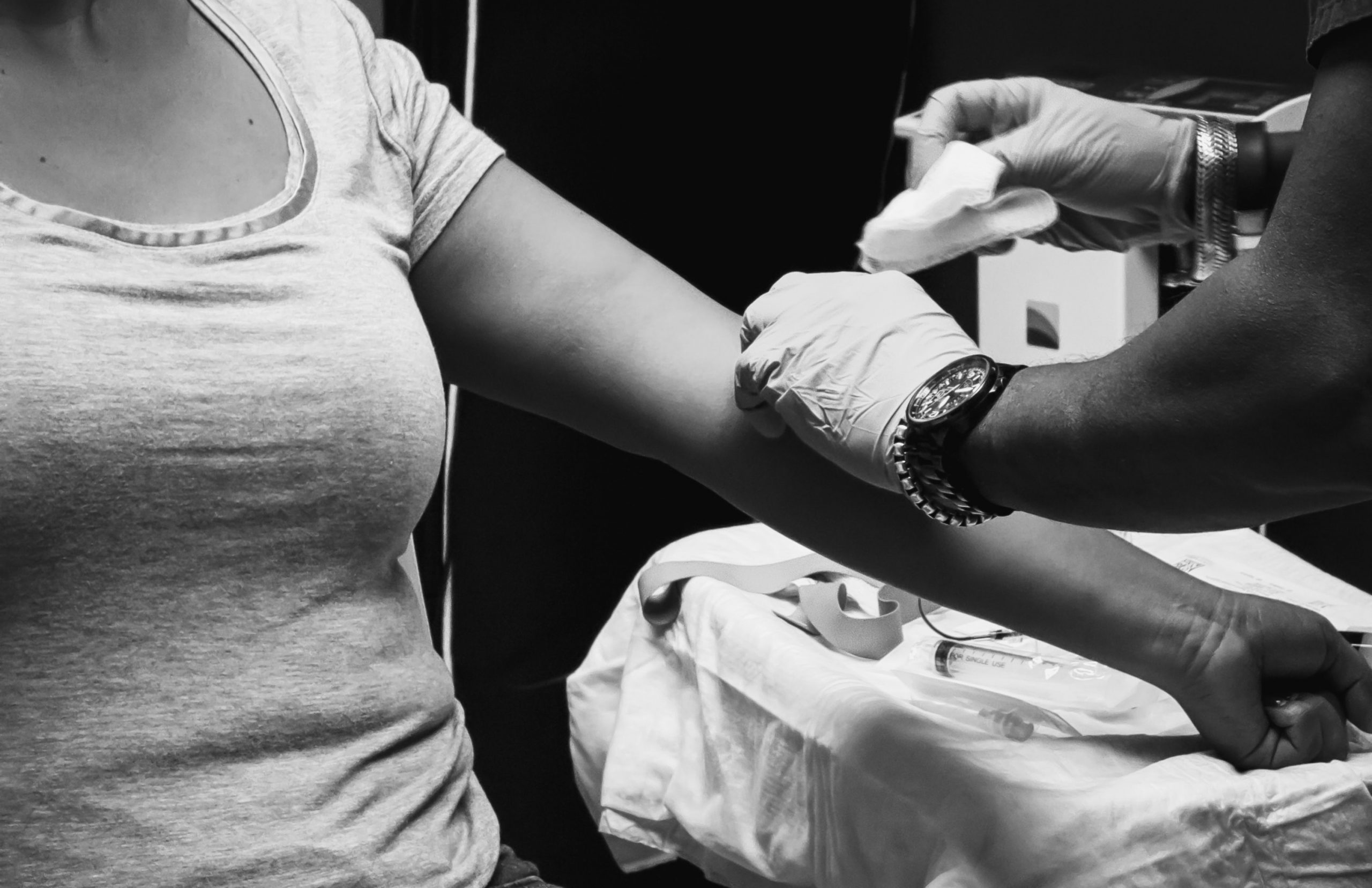MPs to debate petition relating to endometriosis and PCOS. The petition which has more than 101,000 signatures states: “Endometriosis and PCOS are two gynaecological conditions which both affect 10% of women worldwide, but both are, in terms of research and funding, incredibly under prioritised. This petition is calling for more funding, to enable for new, extensive and thorough research into female health issues.”
During the debate Taiwo Owatemi shares how, ‘I want to throw my full support behind this important issue. As a healthcare professional in the NHS myself, who has worked with endometriosis and PCOS patients, it is heart-breaking that we still need to plead for research money for two diseases that affect one in 10 women in the United Kingdom. That is over 3 million women’ PCOS is the most common endocrine disorder in women, affecting 1 in 10 women, with only half of us being diagnosed, it disproportionately impacts black and south Asian women. Yet there is only one dedicated PCOS clinic in the whole of the UK, located in Coventry.
As a woman living with PCOS, seeing this debate come to the forefront is heart-warming. I was diagnosed with PCOS at 17 after 9 years of hormonal issues, including 16 months of tests leading to my diagnosis. Growing up with complex hormones and an irregular cycle, from 8-12 I was told that these changes were a result of early puberty, medically known as precocious puberty, and they would settle down over time. I recall a lot of my childhood being consumed by going to Birmingham Children’s Hospital, having X-Rays, blood tests, scans on my womb and ovaries. Looking back now, I am incredibly grateful for the support of my family who ensured I was still able to live like a normal child, without being overwhelmed by the numerous tests.
At 16, during my GCSEs, I was having three periods a year. It was around this time; I grew increasingly concerned. I was coming to the end of what doctors believe are the puberty years for women, and I was still no better. I found it hard to express to my friends that the periods they would complain about every month, I missed. While they were coming of age and developing their newly found sense of femininity, I was feeling a distinct lack of mine. So again, I return to my GP, to be confronted with a male doctor who told me to leave it until my GCSEs were over.

When I started my A-Levels, I promised myself it would be a fresh start, I started to take care of my health, I ate clean, exercised regularly, and prioritized my academic goals. Yet the irregular cycles still continued, and answers remained non-existent. It was at this point I began to get frustrated with the health care I was receiving or more the lack of it. GPs made me feel as though what I was experiencing was made up in my head.
With the support of my family and friends, I found a deep rooted determination, they reminded me that I deserved answers and so I decided that no matter what my GP would tell me, I was going to get a diagnosis this time, and nothing was going to stop me.
Specifically booking with a female doctor, I was sent for full blood analysis, assessing my cell count, hormone production, vitamin levels, and organ production. However, while we were finally making progress, I felt as though I was still not being listened to and the doctors were just going through the motions to keep both me and my mom quiet.
Once the results had come back, I was sent to a different female doctor and for the first time, I felt heard, like my problems were real, and I was worthy of a solution.
The results had shown high levels of prolactin. Prolactin is a hormone, it is not often associated with PCOS, rather a non-cancerous tumor on the pituitary gland. Due to this, I was sent for an MRI scan, as it was originally unclear, I was sent to have another, this time with the gadolinium contrast media. Fortunately, when these results came back, it was determined that there was no tumors there. It was decided that this had not explained enough and so I was referred to an endocrinologist.
Upon my first visit to the endocrinologist at Russell’s Hall Hospital, I was sent to get updated blood tests. Ironically, from the point of my first blood tests, through to the most recent blood tests, a time span of 6 months, I had not missed a period. However, my endocrinologist was still persistent we found the original cause. Part of her determination to get me the answers I had desperately been searching for was my severe struggle with acne. I had both facial and body acne, which medication and antibiotic creams, had failed to clear, leaving me with scarring all over my body.
The blood tests revealed that my prolactin levels were now back to normal. I was then sent for a further three blood tests. The first being on the first day of my period, the second halfway through my period and the third the week after. These showed that my prolactin levels spike during my cycle and explained to my endocrinologist why I had a sensitive chest during my cycles

This did not explain the original root cause of my missed periods, and so I was sent for a scan on my ovaries. As I was under 18, I was refused the transvaginal scan, which while it would provide more definitive answers, the hospital was not happy with performing one on a minor. The results of the ultrasound scan came back clear, there was no cysts on my ovaries, and they looked healthy with no tissue damage.
At my next appointment, I again had a different endocrinologist who revealed even though the ultrasound had come back clear I was in fact symptomatic of Polycystic Ovary syndrome. I’d got a name for all the symptoms that I had struggled with for so long, an answer, a diagnosis. So what next? Hormonal birth control is often given to manage the symptoms of PCOS, like painful periods, acne, and excess body hair. The pill works by preventing ovulation which reduces the number of cysts on the ovary. I was refused this treatment out of fear it would confuse my hormones further.
However, I was given metformin. Metformin is often used to treat type 2 diabetes, but it can also lower insulin and blood sugar levels in women with PCOS. As well as stimulating ovulation, encouraging regular monthly periods, and lowering the risk of miscarriage, metformin can also have other long-term benefits, such as lowering high cholesterol and reducing the risk of heart disease. Metformin is not licensed for treating PCOS in the UK, but due to the link of PCOS and insulin resistance, it is used as an ‘off-label’ when controlling the symptoms of PCOS and encouraging fertility. I was told “Take these, lose weight and come back when you want to have a baby as you will struggle.”
That statement inevitably took its toll on my mental health. I was only 17 and in the midst of finishing my A-Levels, but I knew I wanted to have children one day. So I was now very aware that the tablets I was taking twice a day were potentially the only thing that would allow me to conceive in the future, the only thing upholding the femininity I had longed for, for so long.

However, there is always hope. It has now been 3 years since my diagnosis and at my most recent check-up just before my 20th birthday, I was informed that I’m making great improvements, and while I will never cure my PCOS, I am managing it well and through lifestyle changes, along with metformin, I have gone from having three periods a year, to missing no more than 3. While I am not currently trying for a family, I am hopeful that my chances of successfully conceiving have increased.
However not all women are this fortunate, many do not find out until they they’re actively trying to conceive by which point the damage is irreversible. This is why it is so incredibly important to the high proportion of women who suffer from PCOS that parliament agrees to fund the research this syndrome greatly requires.
